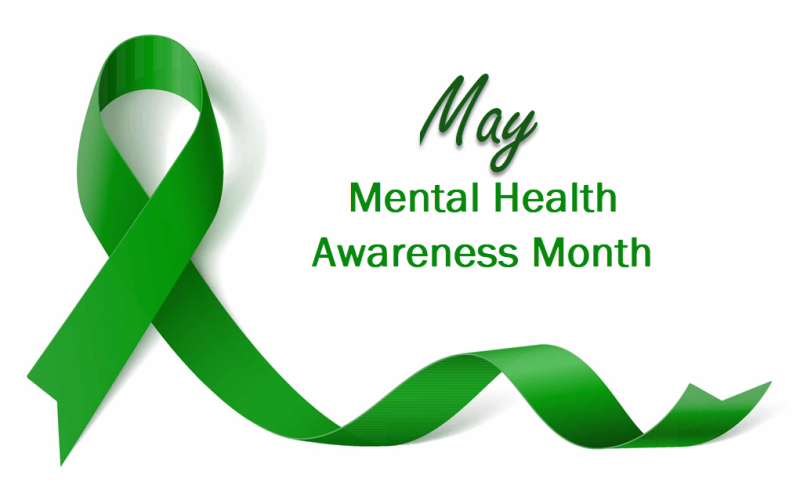By JoAnn Seltzer, CenClear Public Relations Specialist
Presented as part of Mental Health Awareness Month on Behalf of CenClear and The Meadows.
Every day breaking news banners flash across television screens, laptops, and telephones, and typically that news is negative. News of the Ukraine invasion and visions of explosions and fires are now daily news.
Negative news can lead to “second-hand trauma,” Kaitlyn Bloom, CenClear Certified Peer Specialist (CPS) Director, said. When a person is watching news footage or even a live video from a war zone, they experience empathy and take on some of that trauma.
It can lead to an increase in stress, anxiety and feelings of helplessness and hopelessness, Bloom said. The effects can extend beyond the mental impact. Trauma can also impact physical health.
It can make joints tenser, cause body aches, headaches, sleeplessness, etc., she said.
Little steps can help us to care for each other and reduce some of the negative effects. Knowing the impact mental health can have on a person, CenClear staff regularly check in with each other
as part of Sanctuary, Bloom said. This is something anyone can do when they are concerned about a friend or loved one; ask how they are feeling; ask if they need some additional support
that day. If a co-worker knows someone is having a rough day they are more likely to offer to help them with their work or offer words of encouragement.
There are also ways individuals can help to reduce the impact of negative news on their mental health. It can be difficult to eliminate the news from a person’s day, but it is important to set
boundaries, Bloom said. Instead of turning it on first thing in the morning and right before bed only watch it at 6 p.m. In the morning, the negativity could impact a person’s entire day.
Watching it right before bedtime could lead to loss of sleep.
If watching what is happening in another part of the world is making a person feel helpless, they can look for ways to make an impact locally, Bloom said. They may discover a local charity is
collecting clothing donations for people displaced by the war. The person may choose to give up coffee at their daily coffee stop and donate that money to a mental health charity in Ukraine.
Changing the world is a daunting task, but if everyone does a small part that will change the world, Bloom said.
Another way to deal with negative news is to talk about it. This can be done with a therapist, but if a person has a good support network they could talk to their friends or family. Bloom said
those who aren’t comfortable talking about it can try journaling. Sometimes people need to express their feelings.
Warmer weather can also help to improve mental health. “Turn off the negativity” by taking a walk, going to the park, and focusing on what you can change, not what you can’t,” Bloom said.
